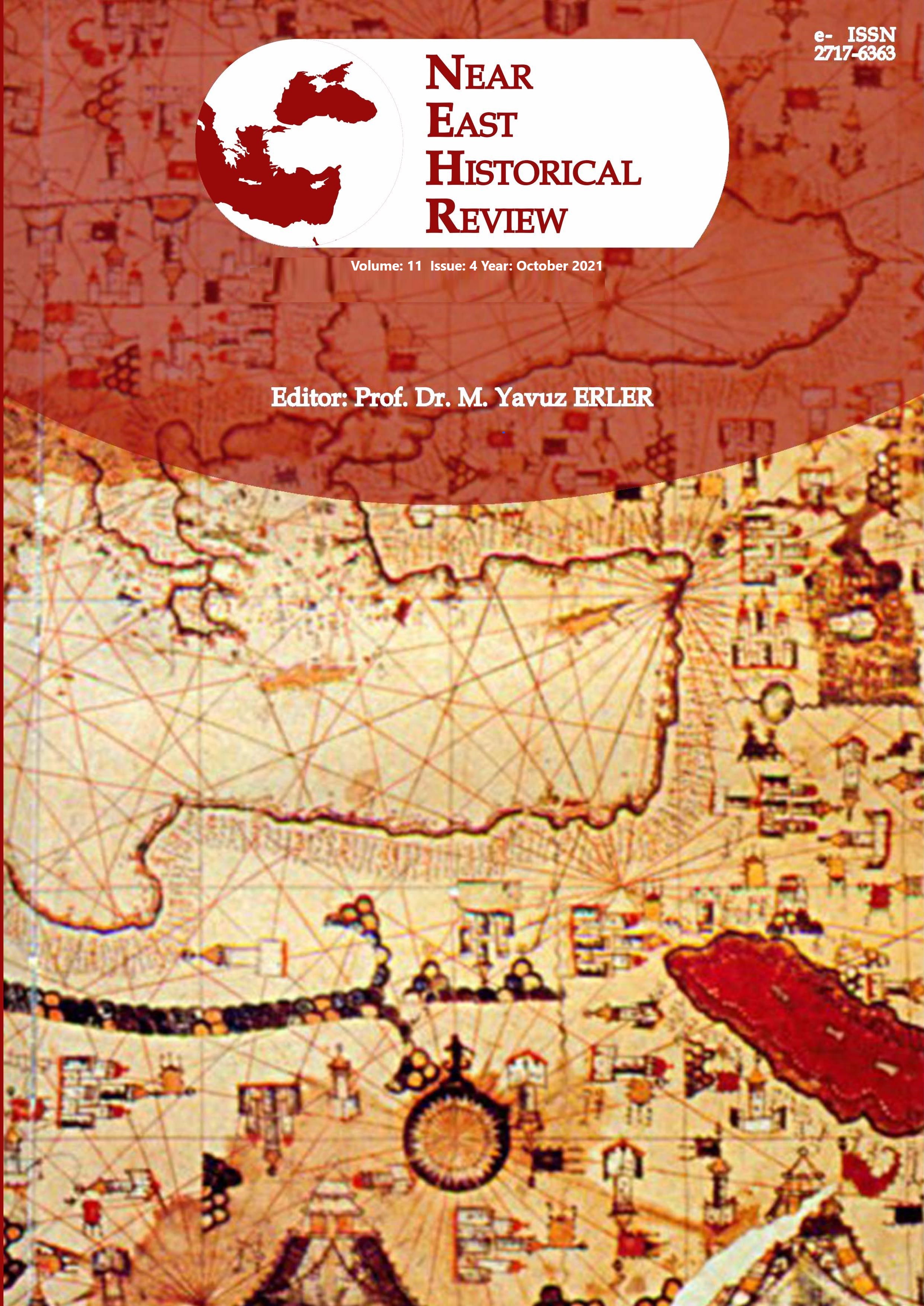Author :
Abstract
Türkiye Cumhuriyetinin ilk dönemlerinden itibaren çok partili hayata geçiş denemeleri olmuştur ancak çeşitli sebeplerden dolayı gerçekleştirilememiştir. İkinci Dünya Savaşı sonrası ülkenin içinde bulunduğu siyasi ve ekonomik durum, iç ve dış gelişmeler bu sürece geçişi hızlandırmıştır. Türkiye çok partili siyasi hayata kesin olarak 1946 yılında Demokrat Partinin kurulmasıyla birlikte geçmeyi başarmıştır. Bu bağlamda 1946 seçimleri Cumhuriyetin ilanının ardından, ilk defa birden fazla siyasi partinin katıldığı bir seçim olması, çok partili bir zeminde yapılması ve gelecek çok partili hayatın bir anlamda zeminini kurması nedeniyle Türk demokrasi tarihindeki en önemli seçimlerden birini oluşturmaktadır. Çok partili hayata geçiş süreci ve Muğla’da siyasi hayat başlığı altındaki çalışmamızda bu süreç ve Muğla ilinde meydana gelen siyasi gelişmeler ele alınmıştır.
Keywords
Abstract
There have been attempts to transition to a multi-party system since the first periods of the Republic of Turkey, but it could not be realized due to various reasons. The political and economic situation in the country after the Second World War, and domestic and foreign developments accelerated the transition to this process. Turkey succeeded in transitioning to multi-party political life with the establishment of the Democrat Party in 1946. In this context, the 1946 elections constitute one of the most important elections in the history of Turkish democracy, since it was the first election in which more than one political party participated after the proclamation of the Republic, was held on a multi-party basis and in a sense laid the groundwork for the future multi-party life. In our study under the title of transition to multi-party system and political life in Mugla, this process and the political developments in Mugla are discussed.
